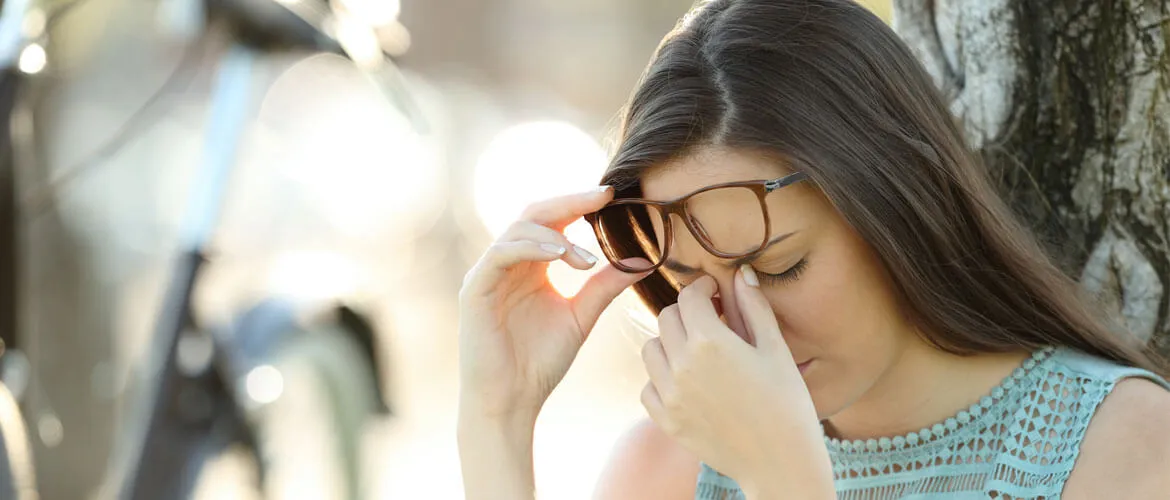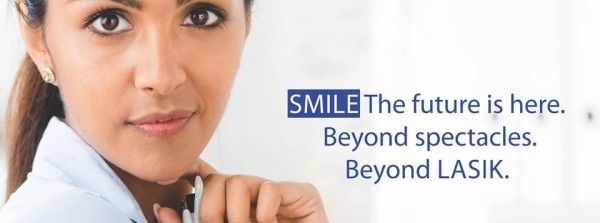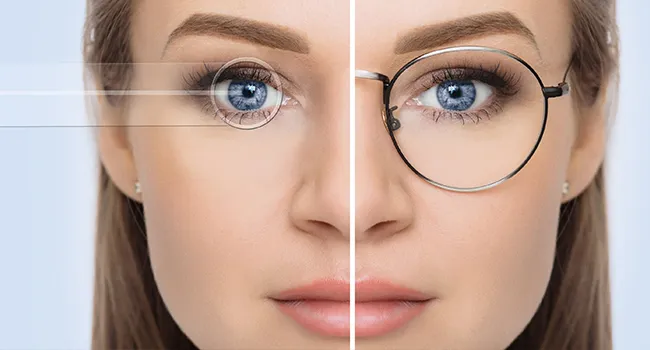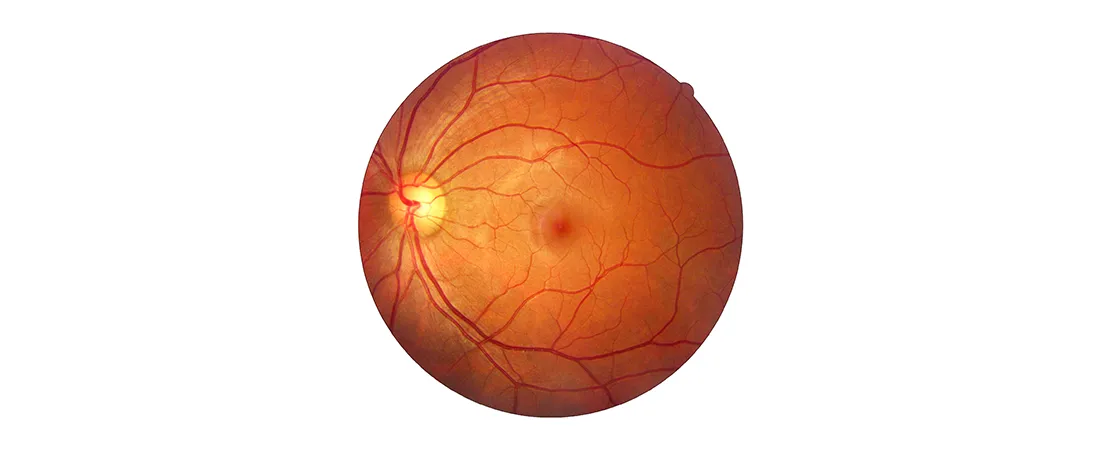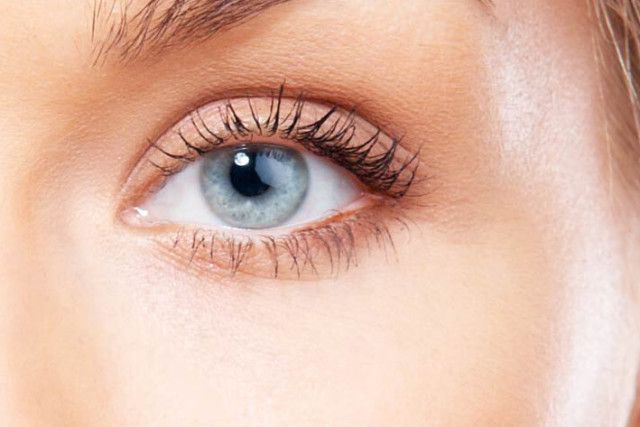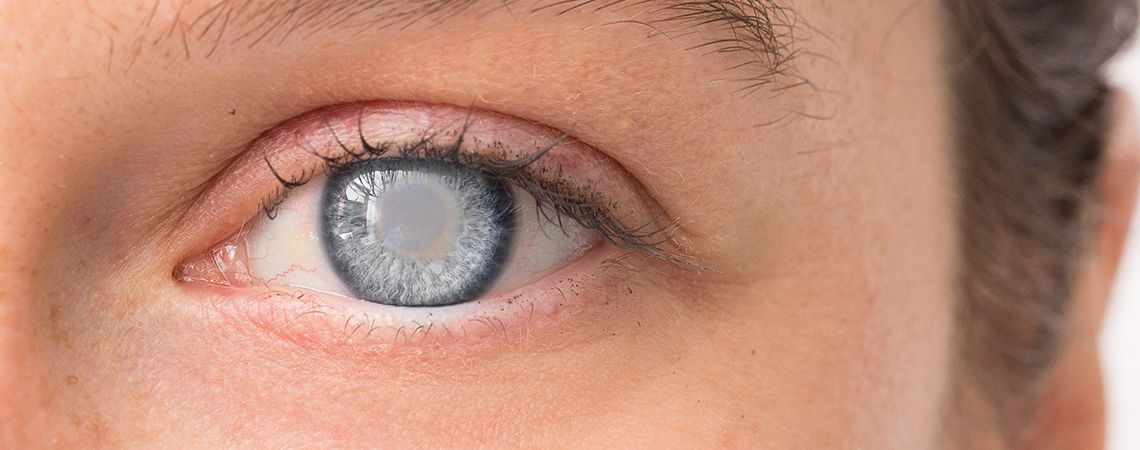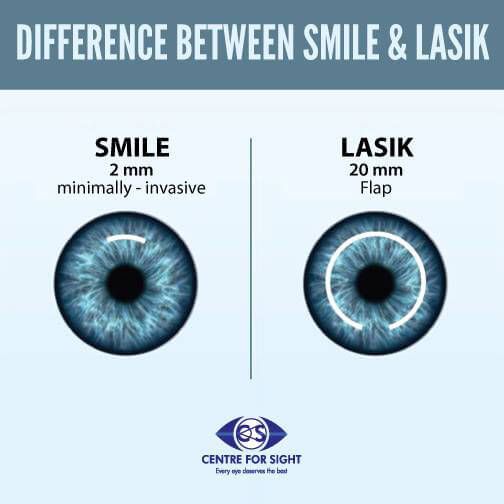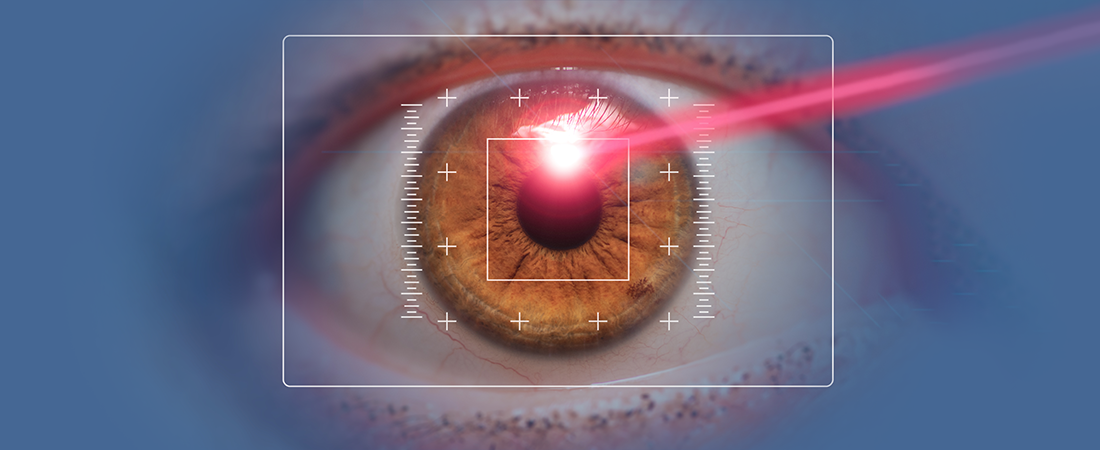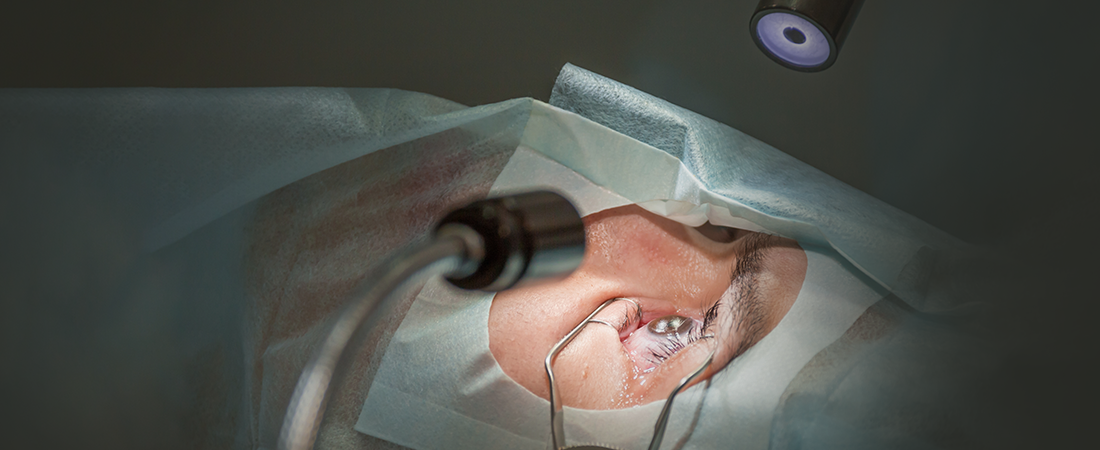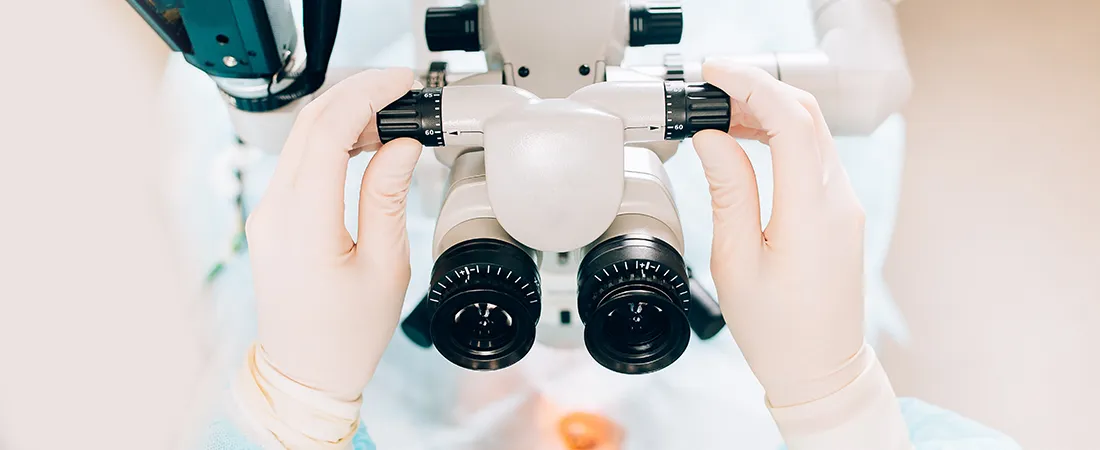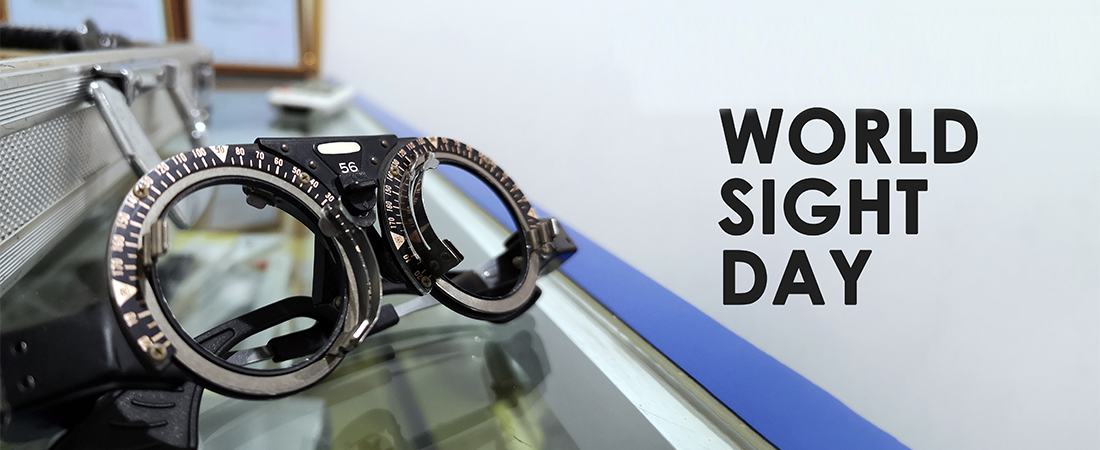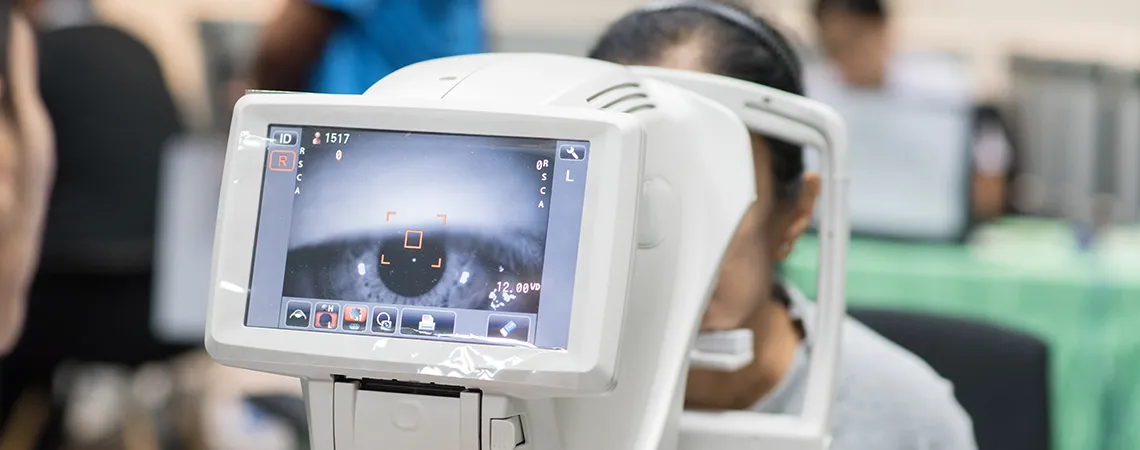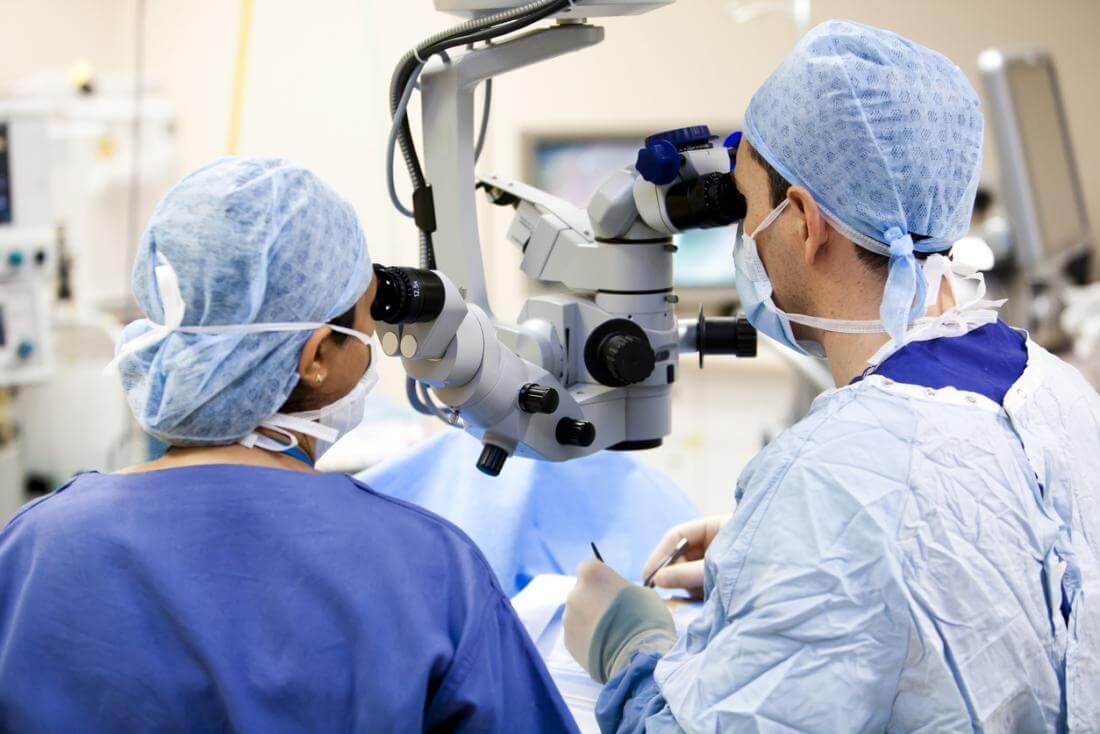
SMILE – Small Incision Lenticule Extraction is a fully automated next-generation procedure. Due to fewer complications, greater stability and a very short recovery span, the SMILE procedure has gained immense popularity as compared to other refractive surgeries. Apart from these, there is one factor that sets the SMILE procedure so widely recognized is that it’s an all femtosecond laser refractive procedure. The only laser currently capable and approved to perform SMILE is the VisuMax femtosecond laser (Carl Zeiss Meditec). The procedure is for patients who have a high degree of short-sightedness (myopia), and astigmatism. The USP of SMILE eye surgery is that it is the only eye surgery which is one step laser treatment, flapless and most importantly, painless. During the process, the surgeon uses a femtosecond laser to make a lenticule (a small lens-shaped tissue) within the cornea. Thereafter, a small incision of less than 2 mm is created to remove the lenticule and thereby, altering the shape of the cornea, and correcting short-sightedness. But knowing the procedure is simply not enough, before going through the surgery, there are a few preoperation, intraoperation and postoperation things that you should keep under consideration:
Before SMILE Surgery
With an upgrade in software and technology, the SMILE laser surgery can treat up to -10.00 diopters (D) of nearsightedness and not more than -5.0 D of astigmatism, you have to make sure you fall under this criteria. Also, your eyeglass prescription must be stable for at least 12 months. Although after SMILE you will be able to perform everyday chores without glasses and contacts, yet there could be instances like reading or driving at night when you may need them. You would require having a proper examination of your eyes that your ophthalmologist will conduct and it will include factors like:
- Check up whether the cornea is healthy or not. A thin cornea is not eligible for the procedure. After ensuring a healthy cornea, measuring and mapping the surface of the cornea is done in order to program the computer-based laser used during surgery.
- Contraindicated in inadequate corneal thickness, Keratoconus, other corneal diseases, pregnancy, and lactation. There should be no epithelial basement membrane dystrophy and no external eye disease like Blepharitis.
- Contact lens wearers require discontinuing lenses for a few days prior to examination and surgery.
- Healing correctable ocular disorders. This is because getting surgery done while having a disease can worsen both.
During SMILE Surgery
The duration of surgery is about 10-15 minutes. Here is what you need to take into account:
- The femtosecond laser is programmed with specific measurements for your cornea.
- It’s fine to be jittery before the surgery. Don’t worry, your eye will be numbed with eye drops.
- Your eye surgeon will place an eyelid holder on your eye to prevent it from blinking.
- Avoid woollen clothing or anything which may generate lint as it can land in the eye and cause irritation, which can further cause uneasiness, itching and may increase the risk of infection.
After SMILE Surgery Though the success rate of SMILE is quite high that doesn’t mean you won’t take post-operation precautions. Here are a few things that must be taken care of:
- Though your vision will improve post-surgery it is still recommended not to drive any vehicle.
- Take proper rest post-operation. At regular intervals, close your eyes, and keep yourself away from mobile phones and television.
- You would be given eye drops as prescribed by your surgeon which includes:
- An Antibiotic eye drop for 15 days or more
- An Anti-inflammatory eye drop for 15 days or more
- A Tear Substitute based eye drop for about 2 months
- In some cases, the vision may be blurry right after SMILE surgery but there is nothing to worry, your eyesight will gradually improve as you heal.
- Avoid swimming and rigorous exercises. You can resume normal activities after a day or two.
Other than being painless, SMILE surgery is widely accepted because of its high success rate and less recovery period. In addition, there are very few cases with complications which is why SMILE becomes a preferred treatment among people. Symptoms such as dry eyes are common among patients but not for a longer period of time. If you are looking for quick and painless recovery then resort to SMILE.

